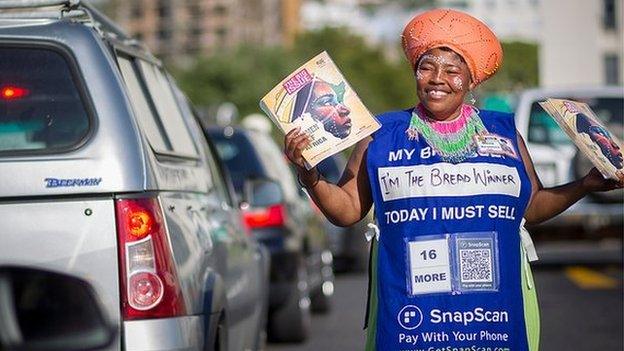Lookahead 2015: The personalised data-driven future is here
- Published

I see a tall, dark handsome man: While you might question our use of terrible stock imagery (and who could blame you) - our experts and their predictions are nothing less than top notch
So the holidays are finally, definitely over.
Cast away the post-return to work gloom and cheer yourself in front of the white heat of technology predictions by our experts, in the second part of the annual Technology of business lookahead.
Personalisation, data breaches, the internet of things, citizen coders and smart car parks are a few of the trends we've got to look forward to.
Although you probably want to change your password. Everywhere.
You can catch up on part one here.
Stephen Prentice, vice president and fellow, Gartner
2014 saw an explosion of connected devices as smartphones and tablets gave way to a proliferation of wearable devices and the growing internet of things burst into prominence.
But even as some individuals appear to live their life in the digital world of social media and online everything, more than one in seven of the UK population have yet to go online at all.
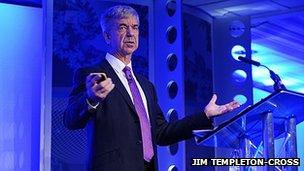
Gartner's Stephen Prentice
As William Gibson commented, "the future is already here, it's just not very evenly distributed."
We love our devices, but the next few years will see rising numbers of "invisible" wearable devices, from contact lenses to clothing, jewellery to ingestible smart pills.
Technology is giving devices a digital voice, and they will be talking about us - what we eat, where we are, how far we walk, how fast our hearts beat - which taken in their entirety, with a judicious application of cloud services and pervasive analytics, will reveal our most intimate details.
Forget your concerns over the security of online transactions, or revealing too much on Facebook - the "system" knows and we are become data!
Computing will be everywhere, in the cloud, in smart factories, in our cars and our homes, in drones overhead and the city beneath our feet.
Smart machines will digest big data with advanced analytics and become ever more involved in the material decisions which affect our everyday lives. "The Computer says No!" will become reality rather than a running joke.
Like it or not, we need to start learning to live alongside our new, smarter, digital "friend".
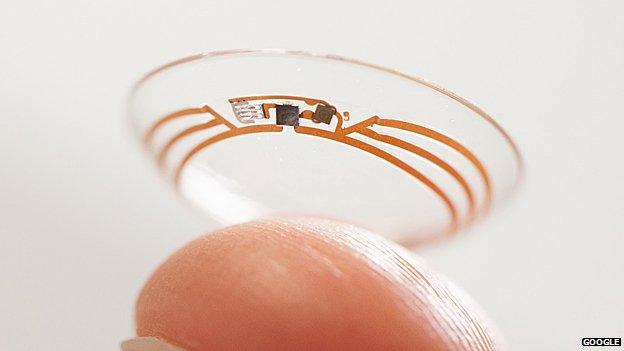
Everything will be connected - like these contact lenses being developed by Google to measure glucose levels
Dr Nicola Millard, Futurologist, BT
The growth of the sharing economy, this harnesses the power of the social, local and mobile web to allow people to share their assets.
From cars to cleaners, driveways to dogs and hotel rooms to handbags, all can be rented by the hour.
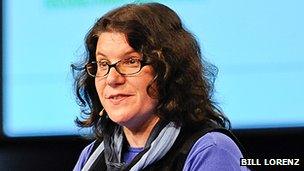
Dr Nicola Millard says the sharing economy will boom
Companies like AirBnB, ZipCar, Task Rabbit and the now notorious Uber are all starting to gain in popularity with consumers.
The "ego system" (as Brian Solis, external puts it) will become more prolific as more products, services and experiences are tailored to our individual preferences.
This trend is being fuelled by the vapour trail of data that we leave behind us, geolocation technologies, the rise of big data analytics and the ability to create mass-customised products and services at lower cost.
The rise of voice. It's good to talk, apparently, but our interaction with technologies has been largely through our fingers until now.
For wearable technologies to work effectively, we need new ways of interacting with these devices and voice will be the primary candidate.
"Omni-channel, external" service will become more than marketing hype.
Autonomous, social, app and mobile consumers are using more and more channels to contact organisations and, finally, organisations are starting to respond to this in a far more connected and co-ordinated way.
Baby boomers are starting to retire in massive numbers.
The youngest baby boomers reach 50 this year and the oldest are starting to retire in their hundreds of thousands, leaving a skills gap in many key professions and an economic time-bomb that stretches from pensions to productivity.

Not everyone is a fan of the sharing economy - this is a demonstration outside flats where the tenants where allegedly evicted to convert the units to AirBnb rentals in San Francisco
Taylor Rhodes, chief executive, Rackspace
This year we've seen an unprecedented shopping frenzy around the Christmas period, with massive surges in online buying.
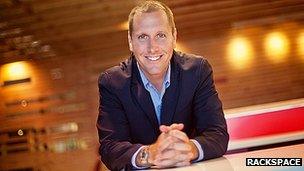
Taylor Rhodes says online retailers will be forced to upgrade their infrastructure
What's become apparent is that our existing infrastructure is not up to speed.
The convenience of online shopping has become a victim of its own success, so next year I think we'll see massive changes.
Firstly, retailers will need to closely examine the backbones of their websites and apps to make sure they have the capacity to meet peak demand, while also protecting transaction and customer information (avoiding Target and Home Depot-style cyber-attacks).
Secondly, search becomes super-powered.
The internet had made shopping cheaper - but we expect more, a better experience.
New technologies will make it easier to combine information about our preferences, purchases and search history, the time of year, the weather, general buying patterns - and deliver personalised, accurate results in split seconds.
Finally, we'll see the physical shopping experience become more digitally-enabled.
Think high street stores with beacon technology that identifies when you're in the shop and gives you information on special offers based on what you've bought before, or even are likely to be interested in.
At the checkout, there'll be no need to get cash or cards out, because you will pay with your mobile phone, or watch for that matter.
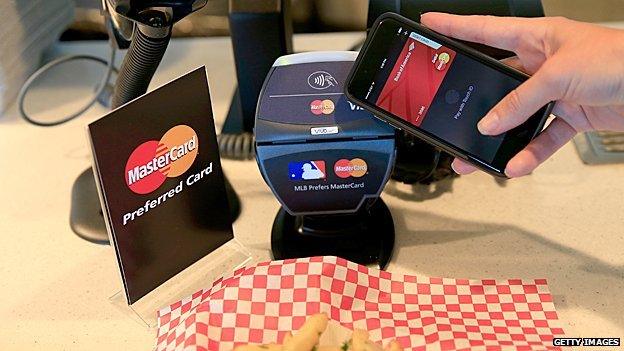
As we catch up with the developing world and embrace mobile payments, bear in mind losing your phone in the pub cuts off not only social media, but the means to buy chips on the way home or hail a cab
Miguel Milano, President EMEA, Salesforce
2014 has really been the year of code, as computer programming gained widespread attention - even David Cameron tried his hand at it during the Hour of Code in early December.
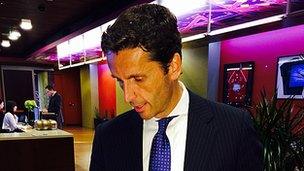
Miguel Milano says 2015 is the year of the citizen coder
In 2015 we will see the rise of the citizen coder as more people recognise that app development isn't just for professional programmers anymore.
Spurred on by easy-to-use development platforms we'll see more individuals and businesses creating their own bespoke apps particularly for mobile devices.
The stage is set for wearable technology to become one of the hottest trends of 2015, following the high-profile launches of devices including the iWatch and Will.I.am's Puls adding to more familiar wearables such as FitBit and Jawbone.
I think we'll see increased uptake of wearables in 2015 as this technology makes the leap from the consumer to the business world, and becomes more industrialised in feature and function.
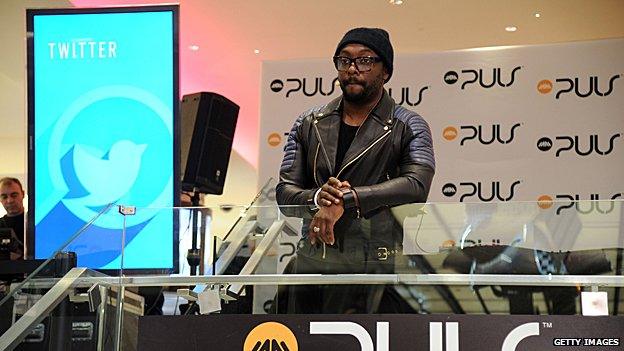
As Will.i.am launches his Puls smart cuff (definitely NOT a smartwatch, even if... it looks like one), there's no sign he spends much time pondering why critics claim he is overexposed
David Gibson, vice president, Varonis
Some are calling 2014 the year of the data breach. Unfortunately, we can expect 2015 to be worse for companies as well as consumers.

David Gibson says companies need to think about security before a data breach, not after
People have long believed tighter controls will slow employees down and make them less productive, and the tendency has been to invest in stronger security after you've suffered an embarrassing public breach.
In 2015, more institutions will implement automated preventive and detective controls around their data.
The Sony Pictures data breach in December brought some sunlight to an aspect of companies' vulnerability that has never received the attention it deserves, the need to protect data itself instead of just obsessing over how cybercriminals enter companies to begin with.
A lot of good can come from this unfortunate episode if organisations take the right lessons from it.
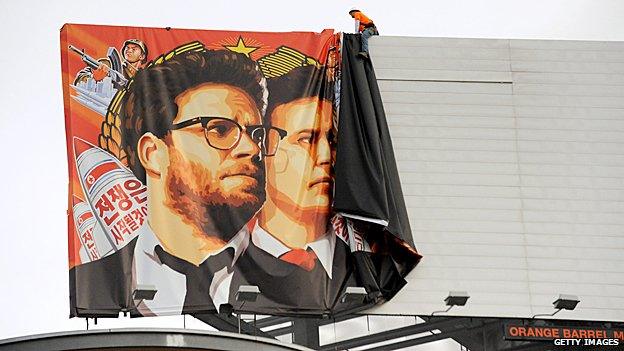
The Sony Pictures hack led to the cancellation of the movie The Interview, which poked fun at the regime in North Korea, and featured President Kim Jong Un being blown up
Think of it this way: a thief breaks into a bank, and when he gets inside he finds the vault door was left open, there's no security guard on duty and no camera recording video of who's walking out with money.
That's essentially what happened to Sony Pictures and so much of its confidential data, but they shouldn't be singled out.
Most organisations today are candidates for the same kind of crime.
It's understandable how we got here - technology that was introduced to make it easier to create and share data took off.
But not much time was spent thinking about what would happen ten or 15 years after it took off, when the data volumes became terabytes and petabytes and we all grew so dependent on it.
And now, we're facing the consequences.
Tom Levey, technology evangelist, AppDynamics
Next year the internet of things will enter the mainstream.
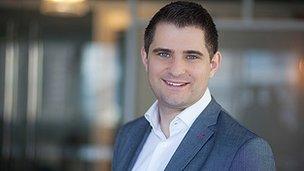
Tom Levey sees the humble car park transformed into a connected smart space in 2015
And by the mainstream, I mean the car park, that most mundane of environments.
Car parks that guide you to the nearest space, automate payment, save you time and headaches, and make the entire operation more efficient, will start popping up all over the country.
As with car parks, so with cars - fitted with sensors and connected to the internet or other networks wirelessly or via smartphones and other mobile devices.
Such 'smart' cars can tell you where you are and how well you're driving. Some are smart enough to drive themselves - even find you a car park and park in it.
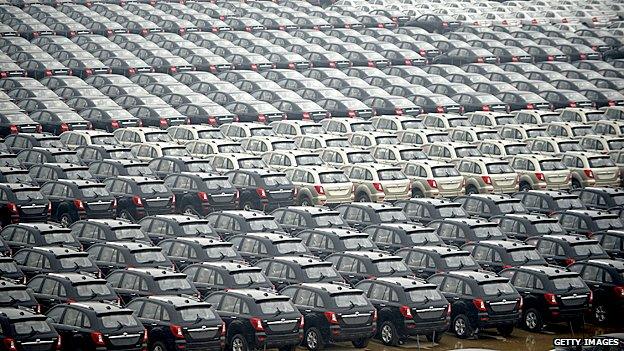
The car park of the future - tidier, smarter and more automated. But will that mean less of a queue to leave Ikea on a Sunday afternoon?
Graham Hann, partner, Taylor Wessing
The increased use of data in the delivery of personalised treatment plans brings increased security risks, and the IDC predicts healthcare organisations will typically have experienced between one and five cyber-attacks by the end of the year.
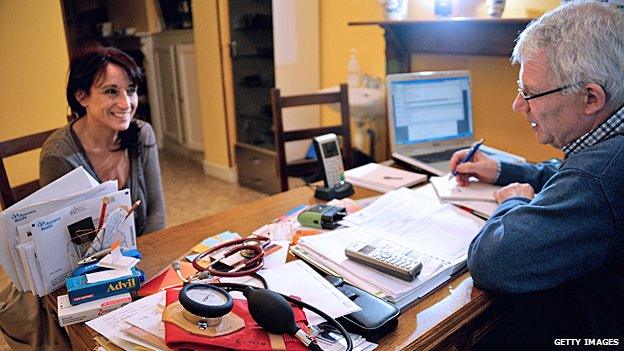
Fancy having the details of that rash you were being treated for last year plastered all over the internet after hackers get hold of your doctor's notes? Didn't think so.
Health tech suppliers will be pressured into providing robust data security commitments, and we are likely to see an increase in risk sharing, consequently growing the cyber insurance market and litigation surrounding the area.
Clear and robust contracts with a fair allocation of risk will be key to medicating the situation and protecting suppliers in the sector.
Follow Fiona Graham on Twitter at @FionaGraham, external
- Published2 January 2015

- Published30 December 2014
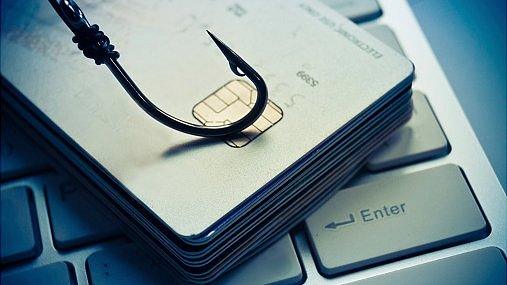
- Published26 December 2014
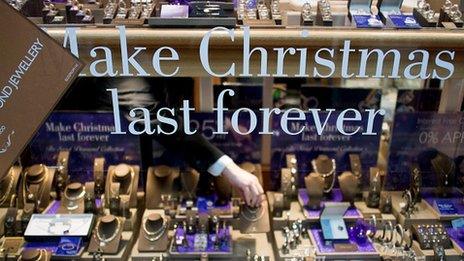
- Published2 December 2014

- Published18 December 2014
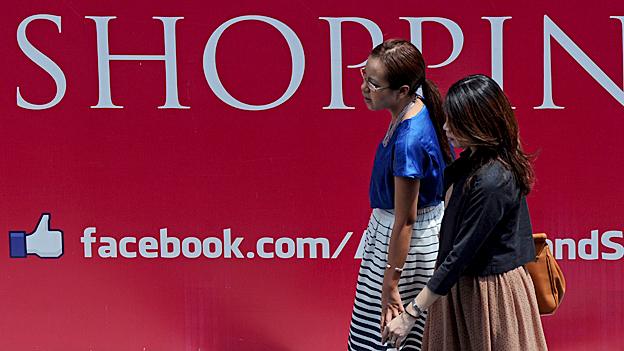
- Published16 December 2014
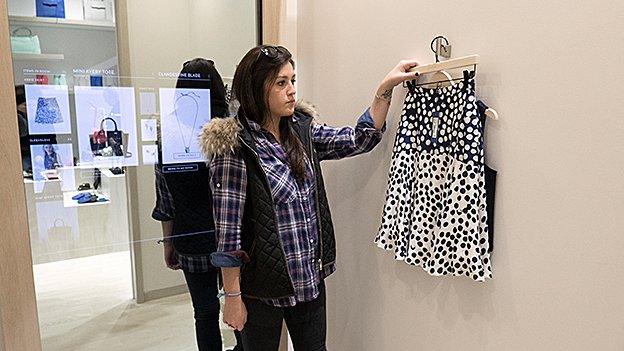
- Published12 December 2014
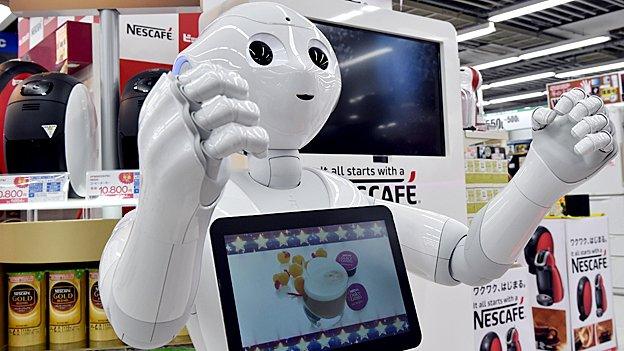
- Published9 December 2014
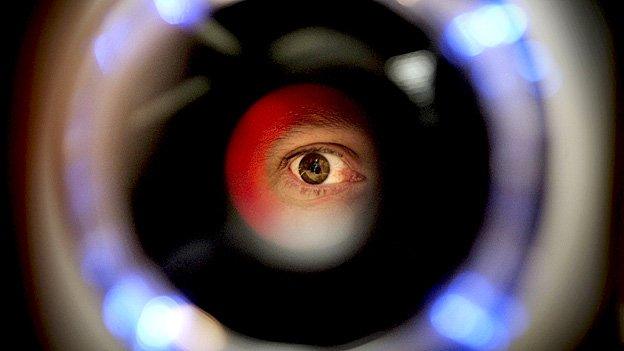
- Published5 December 2014
